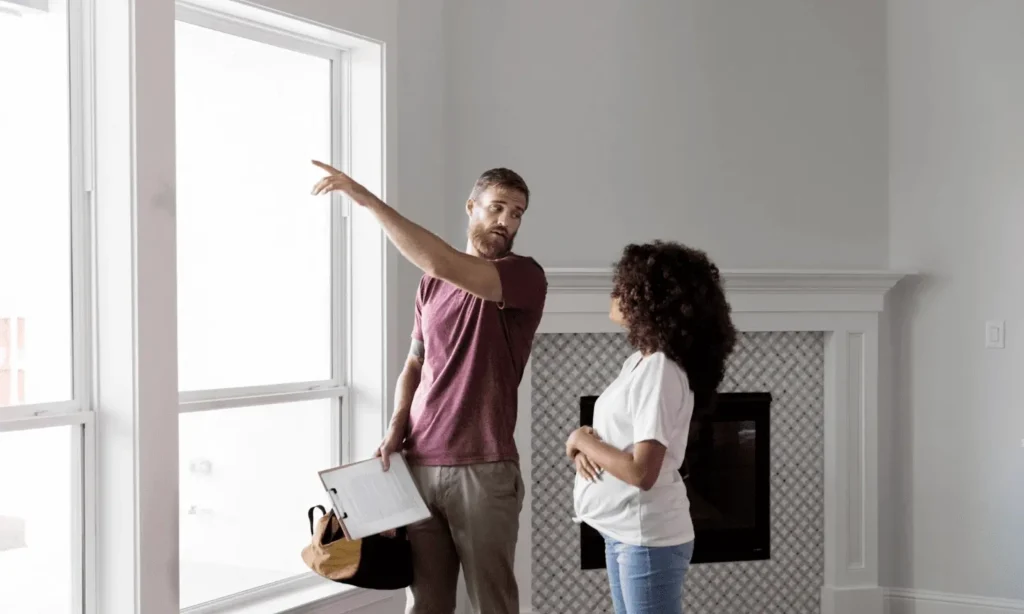Hey there, first-time homebuyer! So, you are taking the exciting leap into homeownership? Well, get ready because home inspection is one of the most important steps in this adventure. Don’t worry if you are not exactly sure what that means – that’s what we are here for!
In this blog, “Essential Home Inspection Tips for First-Time Homebuyers,” we are going to give you the inside scoop in a way that’s super easy to understand. We will explain the deep details, like the foundation of the house, the plumbing system, the electrical setup, the roof situation, and more. When you are done reading, you will know how to spot potential issues, ask smart questions, and determine if the house is a hidden gem or a potential issue.
Keep scrolling to find it out…
Tips For First-Time Home Inspection
1. Check Licensed
Check the license before hiring a home inspection service to buy a new home. When you check a home inspector’s license, think of it as the “official stamp of approval.” You want to make sure the person inspecting your potential new home is the real deal. A licensed home inspector has gone through the necessary training and met certain standards set by the state or relevant authority. This means they have the knowledge to spot issues and give accurate insights about the house’s condition. It’s like having a certified expert on your team.
2. Be Present During Inspection
Being there during the home inspection is like having a front-row seat to a really important show about the house you want to buy. When you are there, you can see everything they examine, and they can explain stuff to you in person. Ask questions about anything that looks weird or confusing. It’s like exploring a new world and having a guide to show you around. Plus, if they find any problems, you will understand what they mean and what needs fixing.
3. Ask Questions to The Home Inspection
Asking questions during a home inspection is like being a detective for your potential new home. You can put questions about stuff like plumbing leaks, electrical quirks, and if there’s any mould hiding around. Here are some major questions that are mandatory to discuss with home inspectors:
- Are there any signs of water damage or leaks?
- Have there been any pest infestations or termite damage?
- Are there any potential safety hazards, such as asbestos or lead-based paint?
- Have there been any major renovations or additions?
- Are there any structural concerns with the walls, ceilings, or floors?
4. Compare The Cost
When you are looking to buy a home, getting it inspected is like giving it a thorough health check. Home inspection costs can vary, so comparing them with different inspectors is important to ensure you are getting a fair deal. But remember, it’s not just about the price tag. A good home inspection can save you heaps in the long run. Inspectors dig deep to find hidden issues like leaky roofs, faulty wiring, or sneaky termite infestations. If they find something major, you can be able to ask the seller to fix it or even adjust the price.
5. Familiarize With The Paper Work And Legal Process
Getting familiar with the paperwork and the legal process of hiring a home inspector is a smart move for first-time homebuyers. This paperwork usually includes the contract or agreement outlining the inspection terms. It’s important because it clarifies what the inspector will do, the scope of the inspection, and any limitations. It also lays out the payment details and the timeline for when you can expect the inspection report.
6. Don’t Skip Exterior Inspection

Don’t forget to give the outside of the house a good once-over. Checking the exterior is the most important because you can spot problems early. Cracks in walls, peeling paint, or a messy yard might mean there are issues. Also, how the yard is kept can show how well the house has been taken care of. So, pay attention to the outside to detect any possible problems before they get big.
7. Discuss The Negotiation Possibilities
Home inspection helps you during negotiations with the seller. After the inspection, you will receive a report that highlights any issues found in the house, like plumbing leaks, electrical problems, or a leaky roof. If significant issues need fixing, you can ask the seller to make repairs before you buy, saving you time, money, and potential headaches down the road.
8. Review The Inspection Agreement
When you are getting ready to hire a home inspector, they will give you a contract laying out the inspection terms. Reading it properly is super important because it tells you what to expect from the inspection and the inspector’s responsibilities. You want to know things like the scope of the inspection, the cost, and when the report will be ready. Pay extra attention to any liability, limitations, and cancellation policy clauses.
9. Understand What Home Inspection Cover
Home inspection reports differ from company to company, but they usually have a common focus on important items and systems. These are:
- Heating system
- Central air conditioning system
- Interior plumbing system
- Electrical system
- Roof
- Walls
- Ceilings
- Floors
- Windows
- Doors
10. The Scope of Future Renovation
During an inspection, you are not just assessing the home’s condition but also anticipating necessary fixes. Simple things like peeling paint or a leaky faucet might be manageable. However, bigger projects like kitchen updates require more budget and time. Distinguish between vital repairs (e.g., a damaged roof) and adorning changes (e.g., new flooring). The costs for these repairs can vary widely, so it’s smart to get estimates from professionals to plan your budget effectively.
Home buying is a huge investment, so there should be no room for overlooking any minor risk factor. A small investment in the beginning can keep your worry-free years long.




